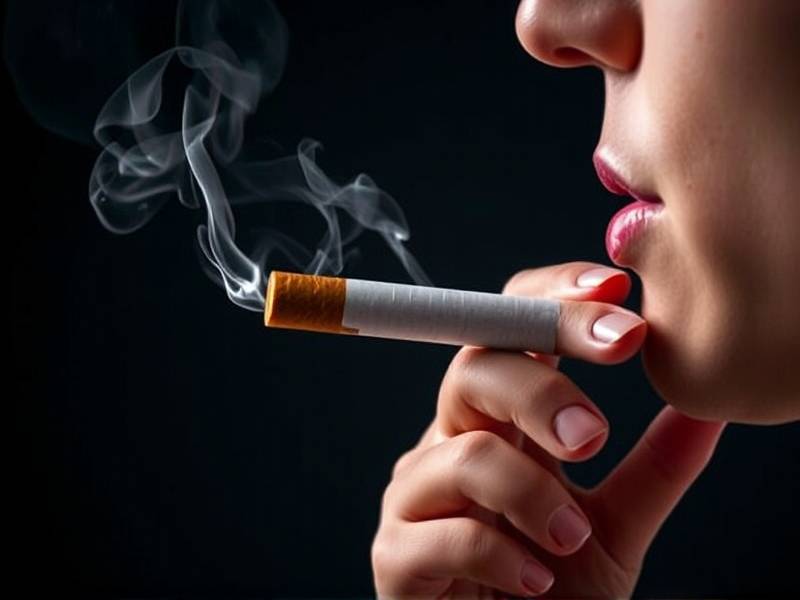How Many Days Before Surgery Should You Quit Smoking? A Guide to Quitting Smoking for Better Health
How Many Days Before Surgery Should You Quit Smoking? A Comprehensive Guide to Smoking Cessation for Enhanced Health Outcomes
Introduction: Undergoing surgery is a significant life event, and it's crucial to consider all aspects of health leading up to the procedure. One of the most critical factors that can impact your recovery and overall health is smoking. If you're scheduled for surgery, it's essential to understand how many days before surgery you should quit smoking. This guide will provide you with valuable insights into quitting smoking and its benefits for better health outcomes.
Understanding the Impact of Smoking on Surgery

-
Increased Risk of Complications: Smoking can significantly increase the risk of complications during and after surgery. According to the American Society of Anesthesiologists, smokers are at a higher risk of experiencing issues such as pneumonia, blood clots, and delayed healing.
-
Longer Recovery Time: Quitting smoking before surgery can lead to a shorter recovery time. Smokers often experience longer hospital stays and may require additional medical interventions compared to non-smokers.
How Many Days Before Surgery Should You Quit Smoking?
The ideal timeframe for quitting smoking before surgery varies depending on individual factors and the type of procedure. However, most healthcare professionals recommend quitting at least 30 days before your scheduled operation.
-
Benefits of Quitting Early: By quitting 30 days before surgery, you give your body time to begin healing from the damage caused by smoking. This can result in reduced complications and a more comfortable recovery process.
-
Gradual vs. Immediate Quitting: Some individuals may find it easier to quit gradually by reducing their cigarette intake over several weeks or months before their surgery date. Others may opt for immediate cessation to eliminate the temptation altogether.
Strategies for Successful Smoking Cessation
-
Seek Professional Help: Consider consulting with a healthcare professional or attending a smoking cessation program to receive personalized guidance and support.
-
Identify Triggers: Identify situations that trigger your urge to smoke and develop strategies to cope with them effectively.
-
Substitute Healthy Habits: Replace smoking with healthy alternatives such as exercise, meditation, or chewing sugar-free gum.
-
Stay Motivated: Set clear goals and remind yourself of the benefits of quitting smoking for your health and well-being.
-
Utilize Over-the-Counter Aids: Explore over-the-counter nicotine replacement therapies (NRTs) like patches, gum, or lozenges that can help alleviate withdrawal symptoms.
Conclusion:
Quitting smoking before surgery is an essential step towards enhancing your health outcomes and ensuring a smoother recovery process. By understanding how many days before surgery you should quit smoking and implementing effective cessation strategies, you can improve your chances of experiencing fewer complications and enjoying a faster recovery period.

Remember that seeking professional support is crucial when attempting to quit smoking, as healthcare professionals can provide tailored advice and resources that align with your specific needs.
Take control of your health today by committing to quit smoking before your upcoming surgical procedure – it's an investment in your future well-being!
